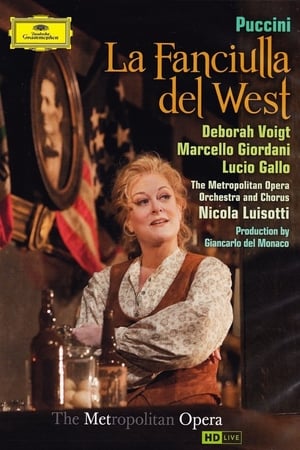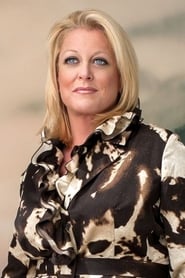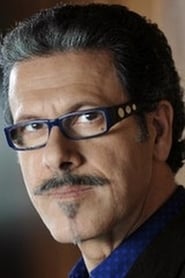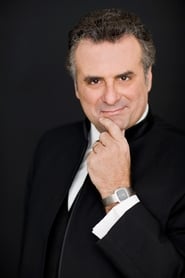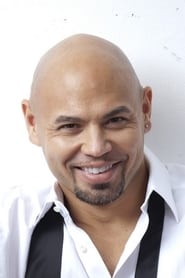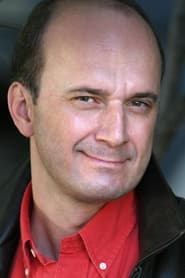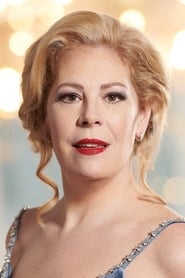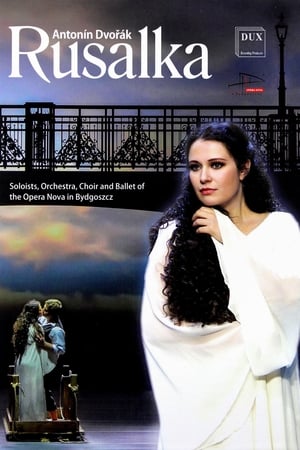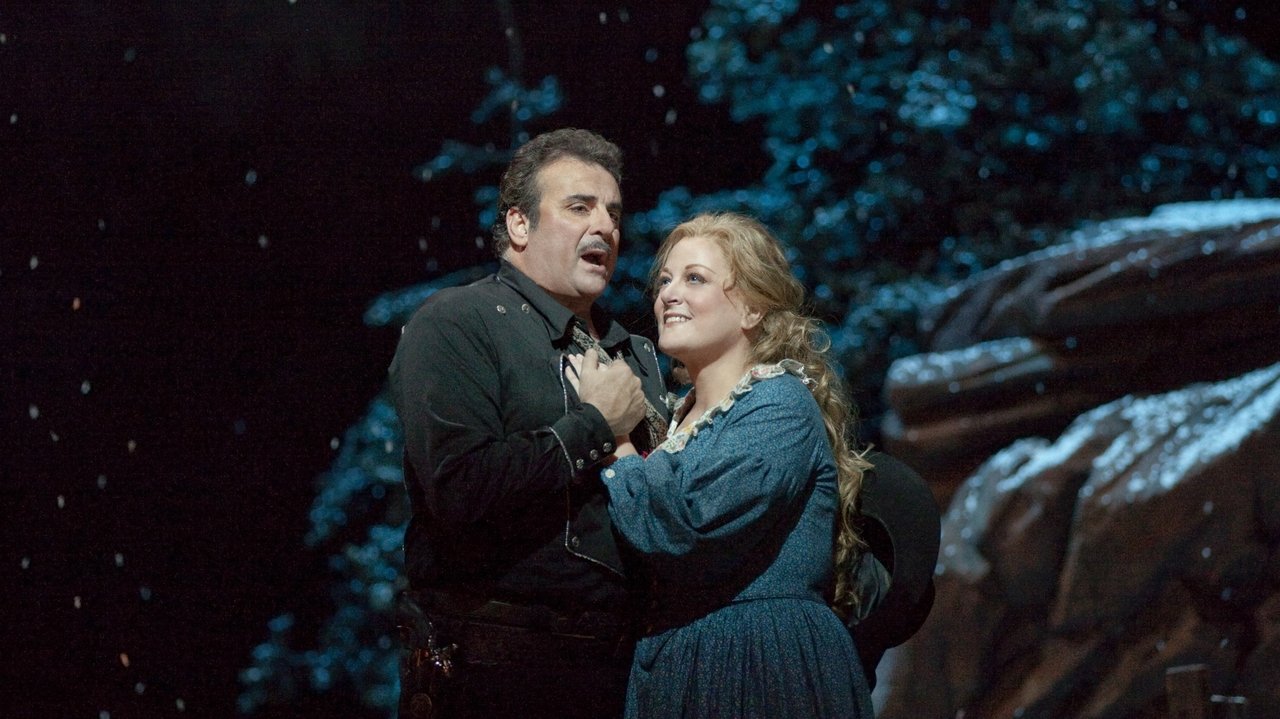
Puccini: La Fanciulla del West(2011)

Movie: Puccini: La Fanciulla del West
Top 10 Billed Cast
Video Trailer Puccini: La Fanciulla del West
Recommendations Movies
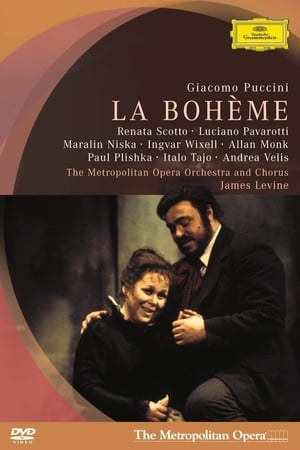 10.0
10.0La Bohème(it)
Puccini’s heartbreaking story of young love in the garrets of Belle Epoque Paris has attracted many famous singers through the years. But with James Levine at the helm and the starry duo of Luciano Pavarotti and Renata Scotto as Rodolfo and Mimi, every bit of emotion in the score pours across the footlights and seduces the audience. In this case, the audience was in the millions since this was the very first in the “Live from the Met” series of telecasts. The evocative production is by Fabrizio Melano, designed by Pier Luigi Pizzi.
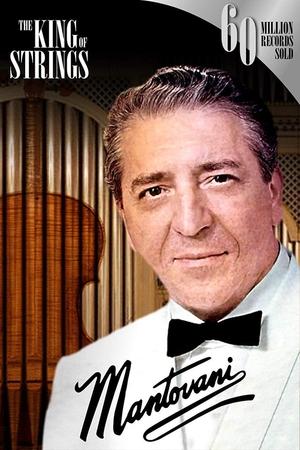 6.0
6.0Mantovani, the King of Strings(it)
Known for his unmistakable cascading strings and recordings such as Charmaine, Mantovani enthralled the world with his sublime arrangements. This is the story of the man and his music.
 7.0
7.0T3EN TIGADA(en)
Three friends device a plan that could help them ACE their accountings exam. The plan is - to steal the paper. What follows then is situational & slapstick comedy with a hilarious twist!
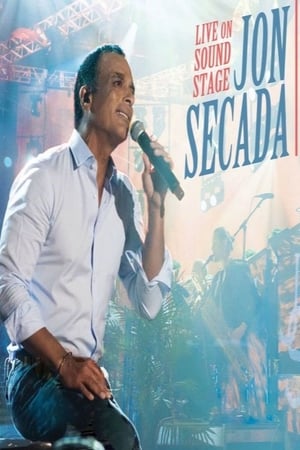 10.0
10.0Jon Secada: Live On Sound Stage(en)
Live On Soundstage performance was originally broadcast on the PBS Soundstage series. Songs include cuts from Jon Secada's recent tribute to Latin singer Beny More' and also Jon's classic pop hits, "Just Another Day," "Do You Believe In Us", as well as many others. With a career spanning more than two decades, three Grammy Awards, 20 million records sold, and leading roles on Broadway, Jon Secada's acclaimed romantic sound has resulted in numerous hits in English and Spanish, establishing him as one of the first bilingual artists to have international recognition in both markets.
 3.3
3.3Cold Hard Cash(en)
Watch what happens when two beautiful bad girls with no option are put in a desperate situation.
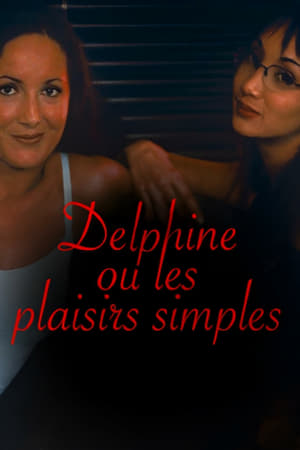 4.8
4.8Delphine, or Simple Pleasures(fr)
Delphine has two sides in her life. During the time she is a devoted activist volunteered to exchange letters with prisoners. In the night she attends ‘sex lessons’ performed by Prof. Christophe. One day, Frank, one of the inmates she replaced letters, is released. He begins residing with her and her roomie Angella. Christophe seems uneasy about it.
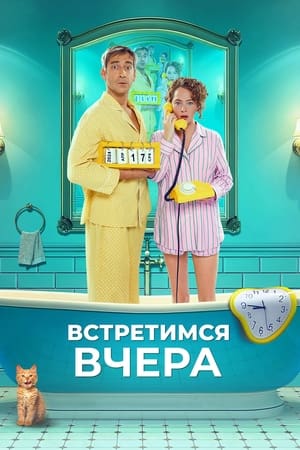 9.0
9.0See You Yesterday(ru)
Sergey and Anya are on the verge of divorce. For several years of family life, they managed to get each other hard. Anya reasonably considers Sergei to be a jerk, unsuitable for family life. Sergey got fed up with his wife's constant irritability, he is sure that Anya had never behaved like that before and was funnier. The couple are going to go to the registry office to put an end to the relationship, but fate orders otherwise. Leaving the house, the couple miraculously return to the apartment every time. And this is not the only oddity. It's winter on the calendar, summer outside, and the eternal 8:45 on the clock. And in this new reality, they will have to get along somehow.
 0.0
0.0The green silhouette(es)
Federico and Olivia are editing their first short films, which encountered mistakes during shooting. Both discover that they filmed at the same location and accidentally interfered in each other’s films. Together, they find a way to edit their two shorts into one.
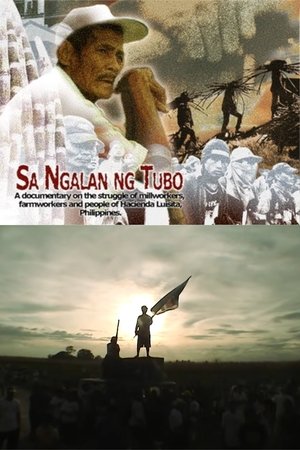 10.0
10.0Sa Ngalan ng Tubo(en)
A documentary on the struggle of millworkers, farmworkers, and people of Hacienda Luisita, Philippines.
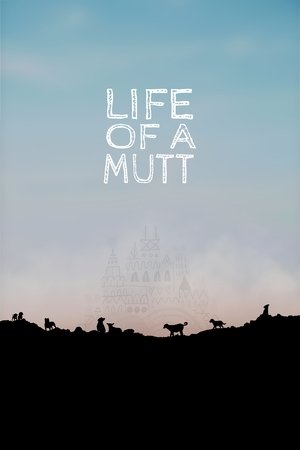 10.0
10.0Life of a Mutt(sr)
Through seven scenes, the film follows the life and destinies of stray dogs from the margins of our society, leading us to reconsider our attitude towards them. Through the seven “wandering” characters that we follow at different ages, from birth to old age, we witness their dignified struggle for survival. At the cemetery, in an abandoned factory, in an asylum, in a landfill, in places full of sorrow, our heroes search for love and togetherness. By combining documentary material, animation and acting interpretation of the thoughts of our heroes, we get to know lives between disappointment and hope, quite similar to ours.
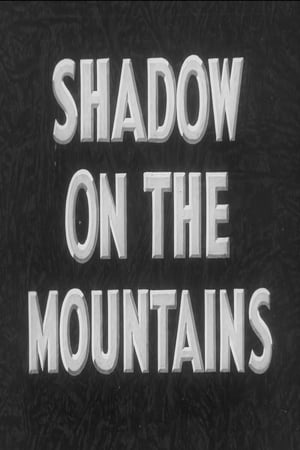 6.0
6.0Shadow on the Mountains(en)
Shadow on the Mountains (Arthur Elton, 1932) is a classic English pastoral, with impressionistic views of the English countryside as it expounds the virtues of farming and shepherding.
 6.0
6.0Marasmo(es)
Ismael (Bismark Méndez), a Colombian undercover police officer obsessed with taking down notorious guerilla leader Comandante Lupercio (César Meléndez), finds life may hold more in store for him when he meets the beautiful Luz Angélica (Carolina Solano) on a bus. Based on the writings of Antonio Caballero, this arresting thriller is adapted for the screen and directed by filmmaker Mauricio Mendiola.
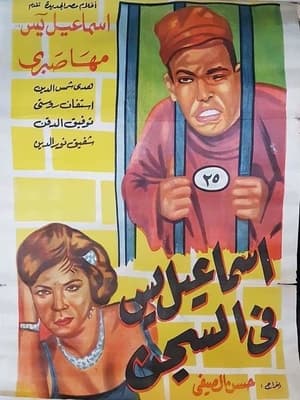 8.0
8.0Ismail Yassine in Prison(ar)
Ismail Yassin is in desperate need for money. He borrows from the wrong people, get framed for murder and goes to prison.
Life on the outside(fr)
Between 1979 and 1984, my father filmed family memories with a consumer VHS camcorder. Between 1985 and 1991, my mother wrote 178 letters to my father, incarcerated at the Prison de la Santé in Paris. Today, I create a dialogue between my mother's words and my father's images.
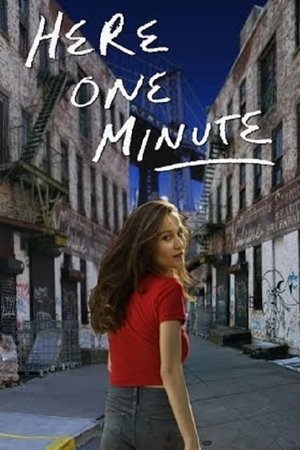 4.0
4.0Here One Minute(en)
When Sarah leaves a party without saying goodbye, her friends deal with an unexplained tragedy by retracing her steps that night. Their search can bring them together, but only if blame and guilt don't tear them apart first.
Make me the Next Model Too(en)
Make me the Next Model Too is a model competition
Similar Movies
 8.0
8.0Amadeus(en)
Disciplined Italian composer Antonio Salieri becomes consumed by jealousy and resentment towards the hedonistic and remarkably talented young Viennese composer Wolfgang Amadeus Mozart.
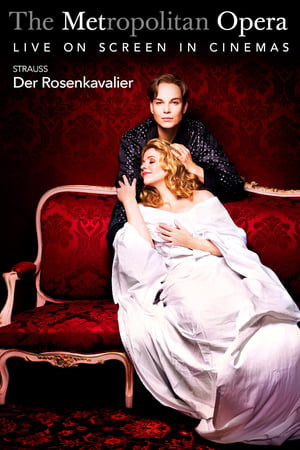 7.0
7.0Der Rosenkavalier(de)
In his new production, Robert Carsen places the action at the end of the Habsburg Empire, underscoring the opera’s subtext of class and conflict against a rich backdrop of gilt and red damask
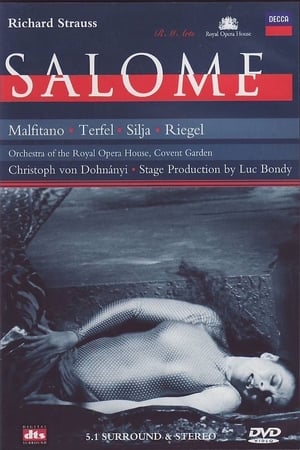 0.0
0.0Salome(de)
Richard Strauss's opera, from the Royal Opera House, Covent Garden.
 6.8
6.8Così fan tutte(it)
Who loves whom in Così fan tutte, Mozart’s and Da Ponte’s cruelly comic reflection on desire, fidelity and betrayal? Or have the confusions to which the main characters subject one another ensured that in spite of the heartfelt love duets and superficially fleetfooted comedy nothing will work any longer and that a sense of emotional erosion has replaced true feelings? Così fan tutte is a timeless work full of questions that affect us all. The Academy Award-winning director Michael Haneke once said that he was merely being precise and did not want to distort reality. In only his second opera production after Don Giovanni in 2006, he presents what ARTE described as a “disillusioned vision of love in an ice-cold, realistic interpretation”.
 7.0
7.0Operette(de)
A musician is offered a job in Vienna as stage director, but his disagreements with the aristocratic opera manager end in abrupt firing in spite of a mutual attraction. He's quickly engaged by another theatre and becomes famous for his lavish stage productions and fine acting, which begins their golden age with Suppé and Strauss.
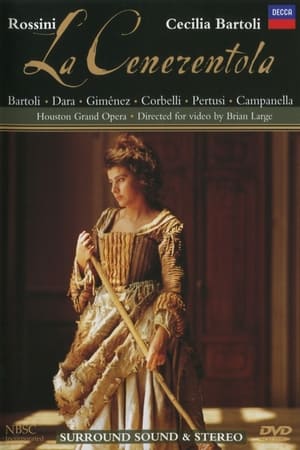 9.0
9.0Rossini: La Cenerentola(it)
La Cenerentola, ossia La bontà in trionfo (Cinderella, or Goodness Triumphant) is an operatic dramma giocoso in two acts by Gioachino Rossini. The libretto was written by Jacopo Ferretti, based on the fairy tale Cendrillon by Charles Perrault. The opera was first performed in Rome's Teatro Valle on 25 January 1817.---- IMDB id refers to Great Performances: Season 24, Episode 12 La Cenerentola (3 Apr. 1996) from Houston Grand Opera so release date is misleading.
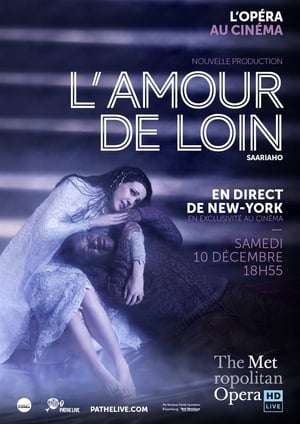 0.0
0.0The Metropolitan Opera: L’Amour de Loin(fr)
Robert Lepage’s dreamlike production, with its thousands of twinkling LED lights stretching across the stage to represent the sea, encapsulates the mystic feeling of L’Amour de Loin, Saariaho’s haunting opera of distant love. Eric Owens is Jaufré Rudel, a troubadour in 12th century France who has become tired of his hedonistic life and longs for an idealized love. Enter the Pilgrim (Tamara Mumford) who tells him his perfect love does, in fact, exist, far across the sea. She is Clémence, Countess of Tripoli (Susanna Phillips). The magic of the characters’ inner lives as they explore the meaning of love, longing, life, and death is heightened by Saariaho’s hypnotic and bewitching score, conducted by Susanna Mälkki.
 6.5
6.5La Traviata(en)
La traviata (Italian: [la traˈviaːta], "The Fallen Woman"[1][2]) is an opera in three acts by Giuseppe Verdi set to an Italian libretto by Francesco Maria Piave. It is based on La dame aux Camélias (1852), a play adapted from the novel by Alexandre Dumas, fils. The opera was originally entitled Violetta, after the main character. It was first performed on 6 March 1853 at the La Fenice opera house in Venice. Piave and Verdi wanted to follow Dumas in giving the opera a contemporary setting, but the authorities at La Fenice insisted that it be set in the past, "c. 1700". It was not until the 1880s that the composer and librettist's original wishes were carried out and "realistic" productions were staged.[3]
Car Men(xx)
Car Men is a collaboration between the renowned choreographer Jíri Kylían and filmmaker Boris Paval Conen. Based on the opera 'CARMEN' by Georges Bizet they shot a hilarious and poetic short film in the destroyed landscape of a Czech brown coal mine. The actors in this film are older dancers from Kylían's troupe (around 50 years old) and the main prop is a 'TATRA 87', a famous car from 1937.
 6.6
6.6Farinelli(fr)
The life and career of Italian opera singer Farinelli, considered one of the greatest castrato singers of all time.
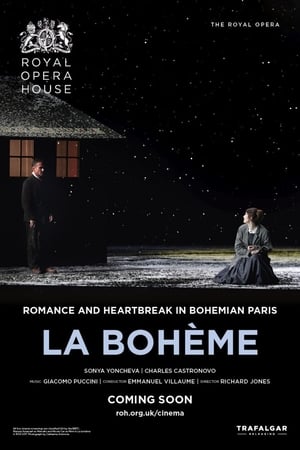 0.0
0.0Puccini: La bohème(it)
Richard Jones’ “La bohème” is an important weapon in the Royal Opera’s commercial arsenal. This is its second revival since Jones’ production hit the stage in autumn 2017, replacing John Copley’s beloved 40-year old staging, resplendent with period detail and resolutely naturalist. Jones brings a considerable break with the past in his approach, pointing the way towards thought-provoking possibilities for the work, though it is a clearly a show that defers to the need for regular revival and breadth of appeal.
 6.0
6.0Fidelio(de)
Beethoven’s only opera is a masterpiece, an uplifting story of risk and triumph. In this new production, conducted by Antonio Pappano, Jonas Kaufmann plays the political prisoner Florestan, and Lise Davidsen his wife Leonore (disguised as ‘Fidelio’) who daringly sets out to rescue him. Set in strong counterpoint are the ingredients of domestic intrigue, determined love and the cruelty of an oppressive regime. The music is transcendent throughout and includes the famous Act I Quartet, the Prisoners’ Chorus and Florestan’s impassioned Act II cry in the darkness and vision of hope. Tobias Kratzer’s new staging brings together the dark reality of the French Revolutionary ‘Terror’ and our own time to illuminate Fidelio’s inspiring message of shared humanity.
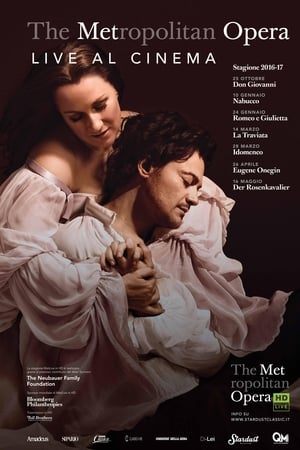 8.0
8.0The Metropolitan Opera: Roméo et Juliette(fr)
Diana Damrau and Vittorio Grigolo are opera’s classic lovers in Gounod’s lush Shakespeare adaptation. Director Bartlett Sher’s “brilliant and inspired new production … is a revelation” (Huffington Post), and has already won acclaim for its vivid 18th-century milieu and stunning costumes during runs at Salzburg and La Scala. Emmanuel Villaume conducts the sumptuous score.
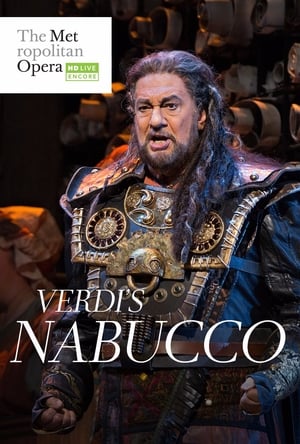 0.0
0.0Verdi: Nabucco(it)
The legendary Plácido Domingo brings another new baritone role to the Met under the baton of his longtime collaborator James Levine. Liudmyla Monastyrska is Abigaille, the warrior woman determined to rule empires, and Jamie Barton is the heroic Fenena. Dmitri Belosselskiy is the stentorian voice of the oppressed Hebrew people.
 0.0
0.0The Metropolitan Opera: Don Giovanni(en)
Simon Keenlyside smolders dangerously in the title role of Mozart’s version of the legend of Don Juan, creating a vivid portrait of a man who is a law unto himself, and all the more dangerous for his eternally seductive allure. Adam Plachetka is his occasionally unruly servant Leporello. It’s when Giovanni tangles with Donna Anna (Hibla Gerzmava) that things start to unravel, aided by the reappearance of Donna Elvira (Malin Byström), who is determined not to let her seducer go. With Paul Appleby as Don Ottavio, Donna Anna’s eternally steadfast fiancé. Principal Conductor Fabio Luisi leads the Met Orchestra and Chorus.
 7.1
7.1The Phantom of the Opera(en)
The deformed Phantom who haunts the Paris Opera House causes murder and mayhem in an attempt to make the woman he loves a star.
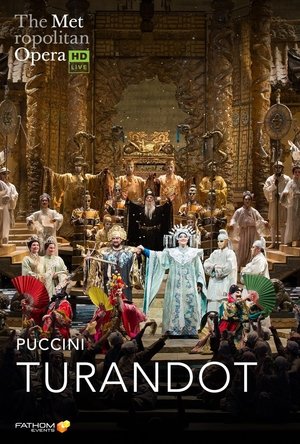 0.0
0.0The Metropolitan Opera: Turandot(it)
Christine Goerke has wowed audiences as Turandot, the icy princess at the heart of Puccini’s grand final masterpiece. In this performance from the 2019–20 Live in HD season, Goerke stars alongside tenor Yusif Eyvazov (as Calàf) and soprano Eleonora Buratto (as Liù) in Franco Zeffirelli’s classic staging, which dazzles with its opulent visions of mythic China. Met Music Director Yannick Nézet-Séguin is on the podium, drawing a vivid array of musical colors from the incomparable Met Orchestra and Chorus.
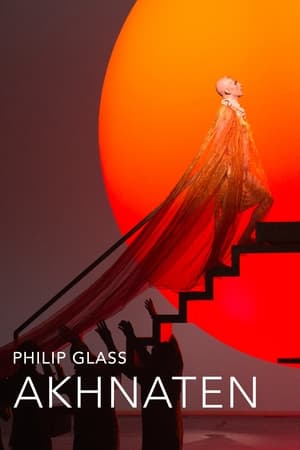 9.0
9.0The Metropolitan Opera: Akhnaten(en)
Philip Glass’ opera “Akhnaten”, premiered in Stuttgart in 1984, forms the third part of the portrait opera trilogy about personalities who have influenced the course of human history. The conclusion of the trilogy deals with the ancient Egyptian pharaoh Akhenaten, who attempted to establish a kind of monotheistic cult around the god Aton during his reign in the 14th century BC, but failed due to the resistance of the priesthood. The production presented here was undoubtedly one of the very great successes of the 2019/20 season at New York’s Metropolitan Opera, due not only to the outstanding cast of singers (led by countertenor Anthony Roth Costanzo) but also to Phelim McDermott’s imaginative staging, which captivates with sometimes breathtaking imagery.
 7.0
7.0Cavalleria rusticana(it)
Franco Zeffirelli directs these two legendary La Scala productions telling tragic tales of jealousy. Mascagni's Cavalleria Rusticana features performances by Elena Obraztsova, Plácido Domingo, and Renato Bruson. Leoncavallo's I Pagliacci stars Teresa Stratas, Plácido Domingo, and Juan Pons. Both are conducted by George Pretre. This production of Pagliacci earned director Franco Zeffirelli the coveted Emmy as Best Director in the category of Classical Music Programming.
